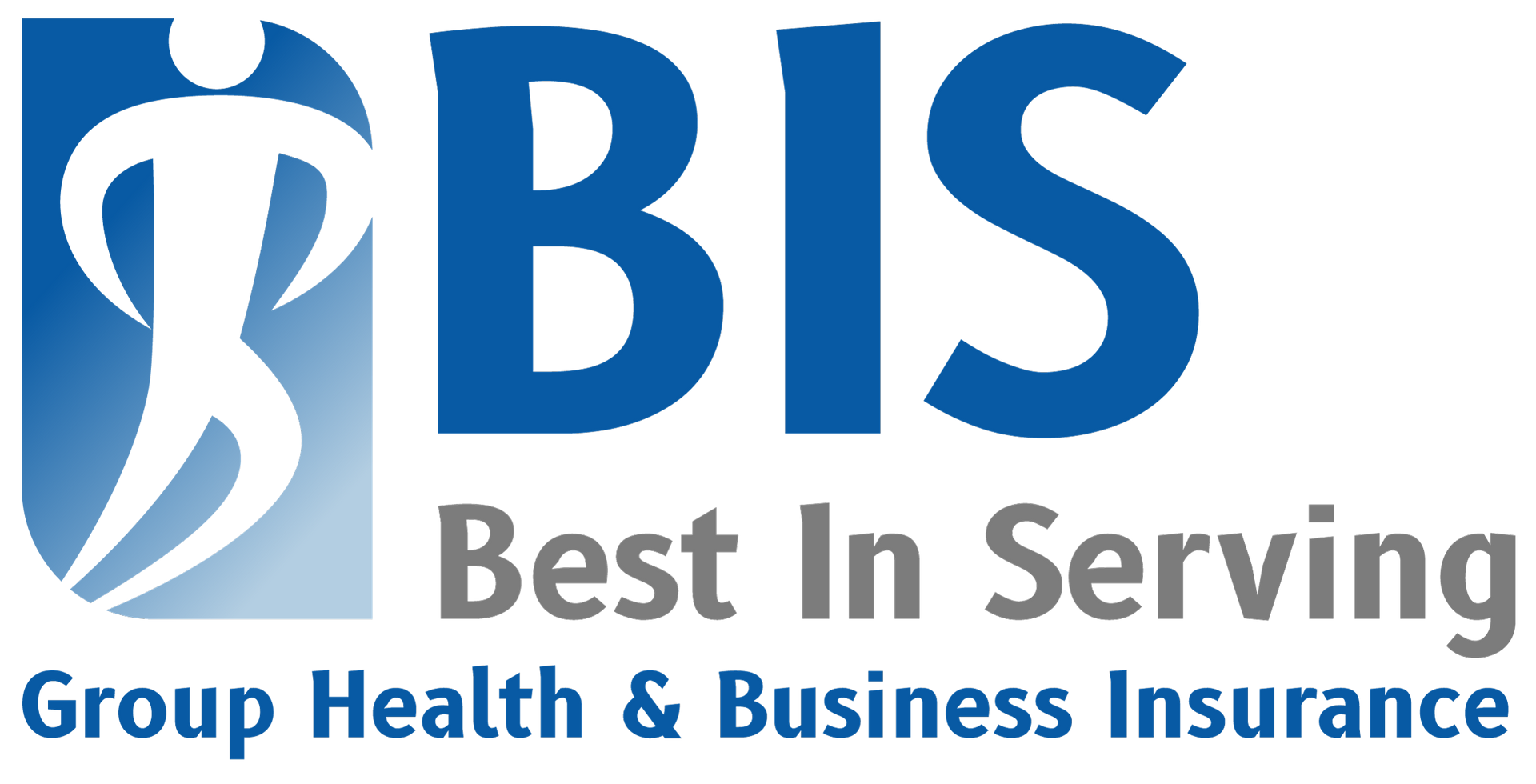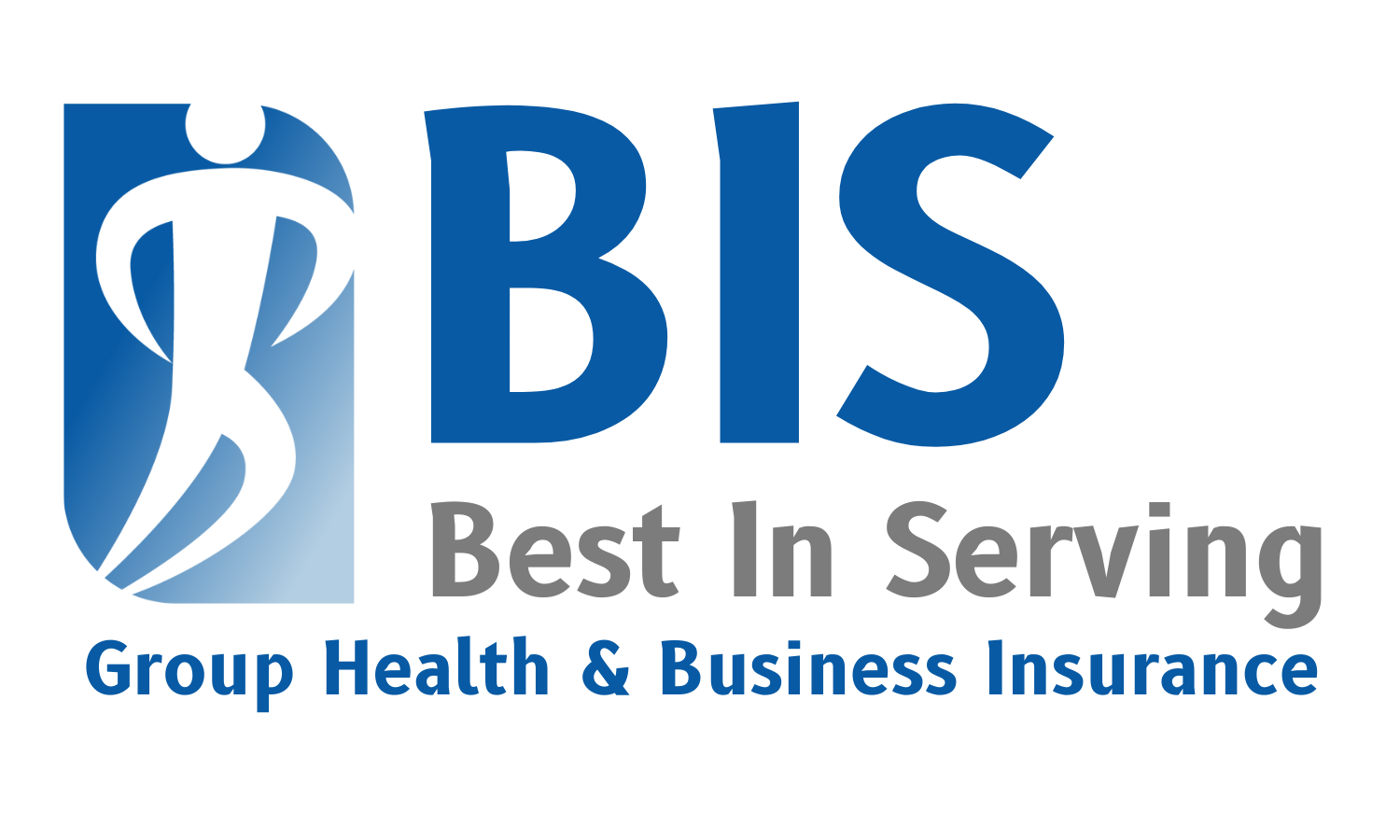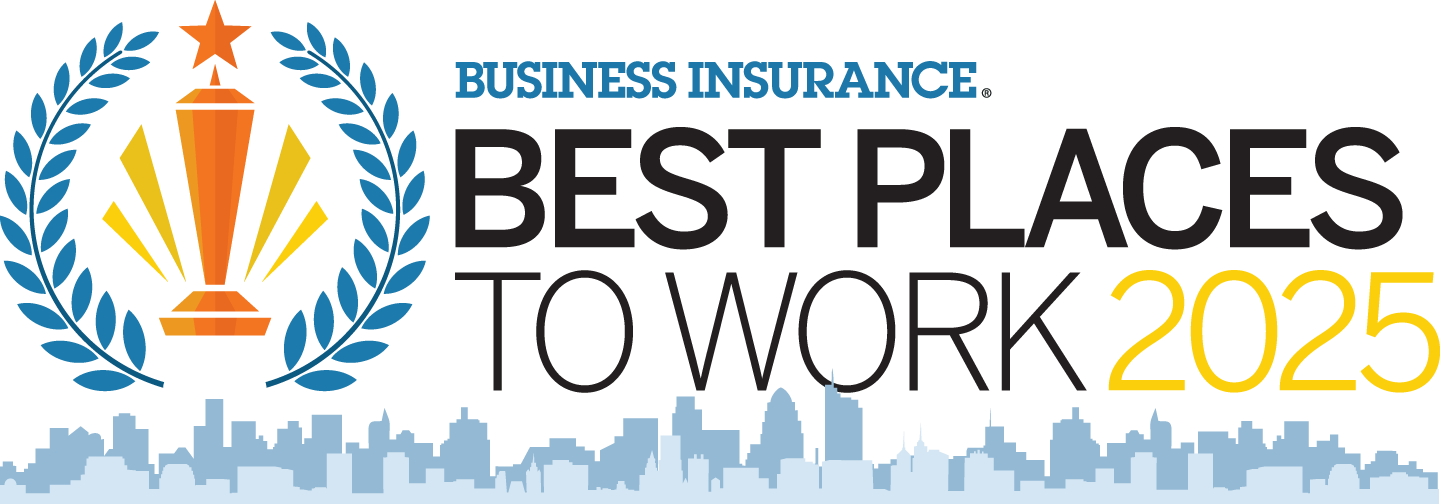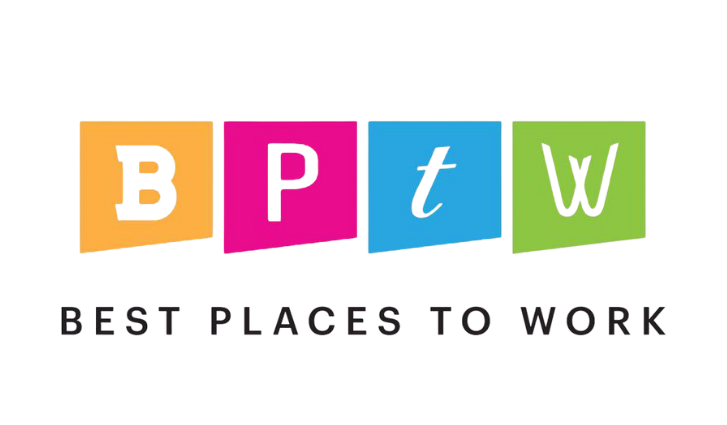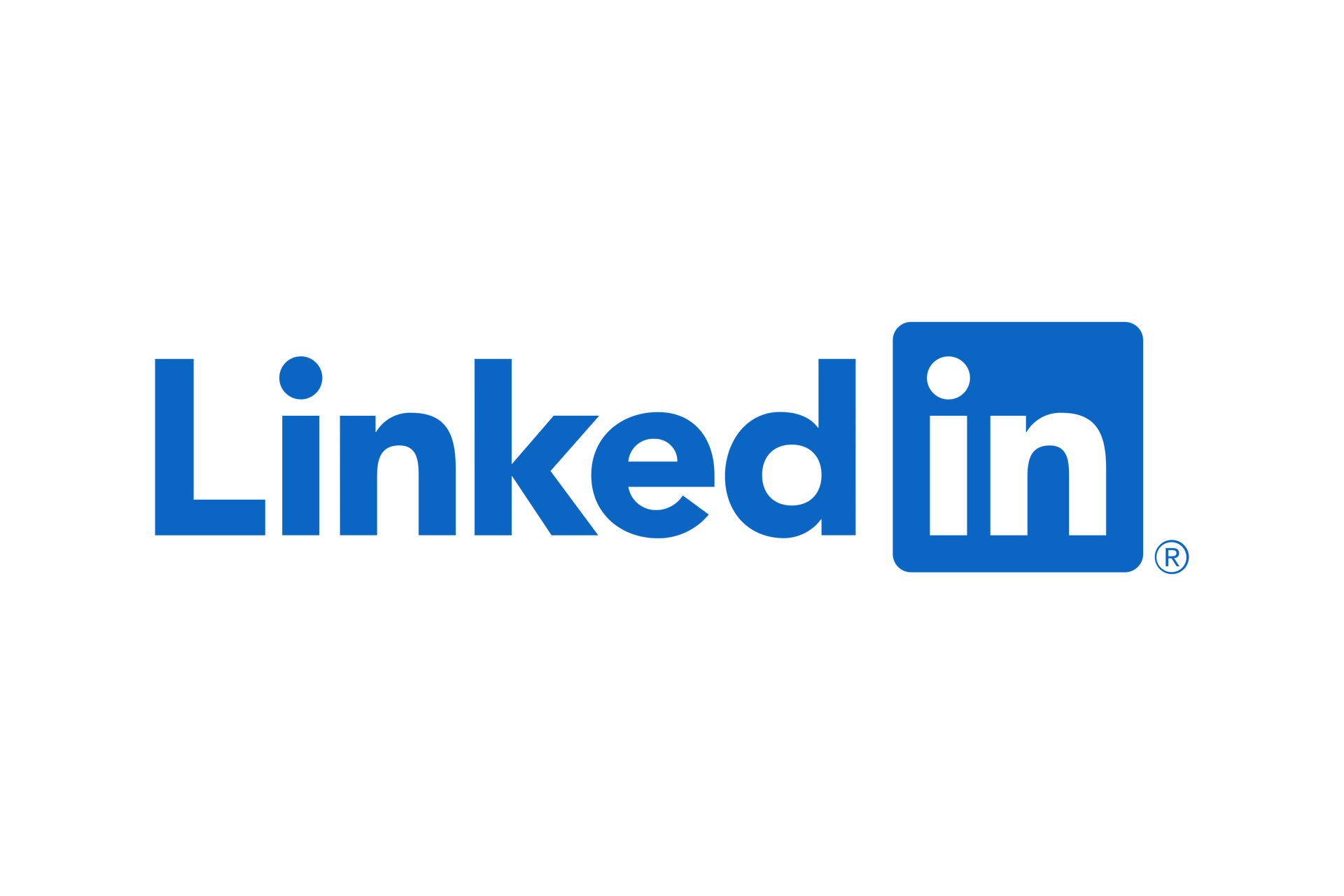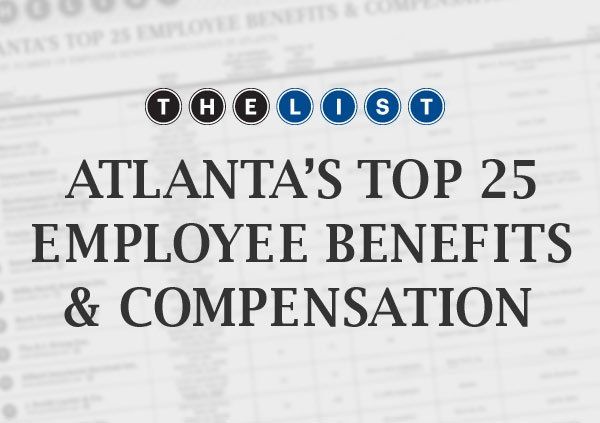A Business Owners Guide to HSA & FSA

Regardless of the type of business you're running, one of the most effective ways to both find and retain top talent is to focus on things that go above and beyond salary. Sure, how much someone is getting paid is important - but it's not the only thing people look at when deciding where to work (or how long to stay there).
Case in point: healthcare. Many business owners know that they should focus more on healthcare-related benefits, but things can quickly get confusing. What is an HSA vs FSA for employers and which one is right for your workforce? By keeping a few key things in mind, you can make the right decision regarding the future of your business.
What is a Health Savings Account?
Short for "health savings account," an HSA is a type of account that is intended to work alongside someone's high deductible health insurance plan.
Also called an HDHP, these types of health insurance plans are offered to employees for a number of reasons. Sometimes, employees love the fact that they're paying lower monthly premiums than they otherwise would - even though their annual deductible is likely higher.
That's where a health savings account comes in. This is a tax-advantaged type of savings account that allows contributions to go towards those medical-related expenses, helping employees save money while still enjoying the benefits of their HDHP without quite as much of the financial burden.
What is a Flexible Spending Account?
A "flexible spending account," on the other hand, is another type of tax-advantaged account that is designed to help in a slightly different way.
Again, an HSA is designed to work with a "qualified high deductible plan." An FSA goes one step further and allows those funds to be used with any type of health insurance account someone has.
You don't actually even need insurance to open an FSA account. This can be great if you have certain employees who may be covered by their spouse's plan, for example. They still have health insurance from one place and get to enjoy the benefits of a flexible spending account from you - leading to the type of win-win situation that helps improve company culture and instill loyalty in workers at the same time.
Benefits of an HSA or FSA for Your Business
Overall, the biggest benefit of both HSAs and FSAs is that they allow business owners to A) help reduce the overall costs of the health plan that they're offering to employees and B) reduce tax exposure, all with C) limited involvement and expense on their behalf.
In the case of an HSA, for example, employees take advantage of a high deductible plan that helps them save on healthcare, and they get an efficient way to save money to be used for medical-related expenses. Employers get to take advantage of a tax-free way to help people pay for those medical expenses, which goes a long way towards showing everyone involved what an impact they have made on your organization.

If you're a business owner who wants to take advantage of this concept but doesn't want to offer a plan with a higher deductible (or have a lot of employees who are satisfied with the health insurance they're getting from their spouse), you always have the flexibility that comes with an FSA. Regardless, it's a great way to help people pay for everything from routine medical expenses to large bills associated with emergencies.
Again, people look at more than just salary when it comes to deciding where to work. Benefits are always a big part of their decision. So offering an HSA or FSA can not only help bring new and talented people into your organization, but it can keep them loyal and help them stay there as well. They'll be happier, more productive, and healthier - a best case scenario.
Which Should You Offer to Your Employees: HSA & FSA
Ultimately, whether you should offer an HSA vs FSA for employers depends on a number of key factors.
- If your business is already offering an HDHP, offering a health savings account would almost certainly be the way to go. If you do not offer this type of coverage and have employees that aren't eligible for one in the first place, you are limited in that you can only offer a flexible spending account.
- If you and your employees feel like your current health insurance premiums are too high, offering an HSA could help with that. Employees now have motivation to enroll in a cheaper plan, which saves you money as a business owner while also still giving them financial benefits for healthcare.
- If yours is a business that sees a lot of employee turnover, you'll likely want to offer an FSA. If an employee leaves your business, they take the money in the HSA with them. The same is not true of an FSA - that comes back to the company. Having said that, an increased focus on benefits like these should also help with employee turnover moving forward.
Every business is unique, so don't assume there is a "one size fits all" answer to this question. Only by looking at your unique organization will you be able to make the right decision regarding whether to offer an HSA vs FSA for your workers.
BIS Benefits, A Benefits Advisor

At BIS Benefits, we understand how important your employees are to the ongoing success of your business - which is why we want to do whatever it takes to help offer the types of group benefits that people will appreciate and that will meaningfully impact your organization moving forward. HSAs, FSAs and similar types of healthcare-related benefits are just one example of how we're willing to leverage our experience to your advantage.
To find out more information about the differences between an HSA and an FSA for employers, or to speak to someone about
the unique needs of your workforce in a bit more detail, please don't hesitate to
contact the team at BIS Benefits today.
